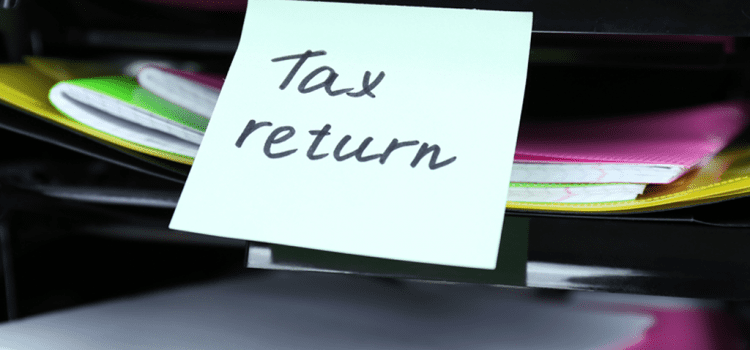New Year, new plans can mean that the all-important Self Assessment deadline at the end of January is often forgotten. Whether you’re a freelancer working from home or the owner of a limited company, the deadline manages to catch people out every year leading to a last minute scramble to get ready throughout January.
What do you need to do?
By the end of the month, HMRC must receive your tax return and money you owe.
As a self-employed person, you must register for Self Assessment by 5 October in your business’s second tax year in order to pay tax.
Once you’ve registered for Self Assessment, you can send your tax return using HMRC’s online service between then and 31 January.
If you’ve not sent a tax return before
If you’re new to this but have already registered for Self Assessment, you’ll need to have your Unique Taxpayer Reference (UTR) that you should have received from the registration letter HMRC will have sent out to you.
You must then enrol for the online service by creating a Government Gateway account. You’ll need to activate the service by using the code you’ll have been sent in the post.
Once signed up, you can then submit your tax return online here.
The consequences of missing the deadline
Say you’ve completely forgotten and are far from prepared, what’s the worst outcome?
You’ll usually pay a penalty if you’re late in submitting tax returns. You can appeal to this penalty if you’ve got a reasonable excuse (forgetting doesn’t count) such as bereavement, illness, computer failure, fires or floods.
The penalty for late submissions is £100 if your tax return is up to 3 months late. You’ll have to pay more if it’s later than that. So it’s worth setting up reminders and alerts well ahead of time to make sure it doesn’t happen again. The last thing you want is a penalty to start off every New Year.
Expenses
Claiming for expenses is important to keep your tax bill down. If you’re paying tax on all “profit” but are using some of that to invest back in the business, then you’re being taxed for money which isn’t technically profit. So deducting these expenses ensures that you’re only paying tax on profits, making it more fair and accurate.
If you’re not sure what you can and can’t claim for, the basic idea is that it’s got to be something your business needs to continue operating. So obvious items include things like office stationery, software, equipment and marketing costs.
If you work from home, you can also claim for things like rent and bills but it must be reasonable. For example, if you’ve got five rooms in your home and you use one of them for work, then you could divide your bills by five and claim for one fifth.
Claims for basic living expenses or unnecessary travel could lead to an investigation and fines if HMRC discover that they’re not genuine business expenses so you’ll need to be careful.
Hire an accountant
If you need help with your tax return or advice on things like how much to set aside or what expenses to claim for, then an accountant can help you get everything in order.
Eventually, the way we do tax returns will change from annually to quarterly with Making Tax Digital which means many businesses will struggle with the extra responsibilities. An accountant can provide advice and support throughout the year to help you focus more on your business.
Are you prepared for this year’s Self Assessment deadline? Read here for more information about how accountants can help freelancers. You can also grab a free quote from our partners here.







